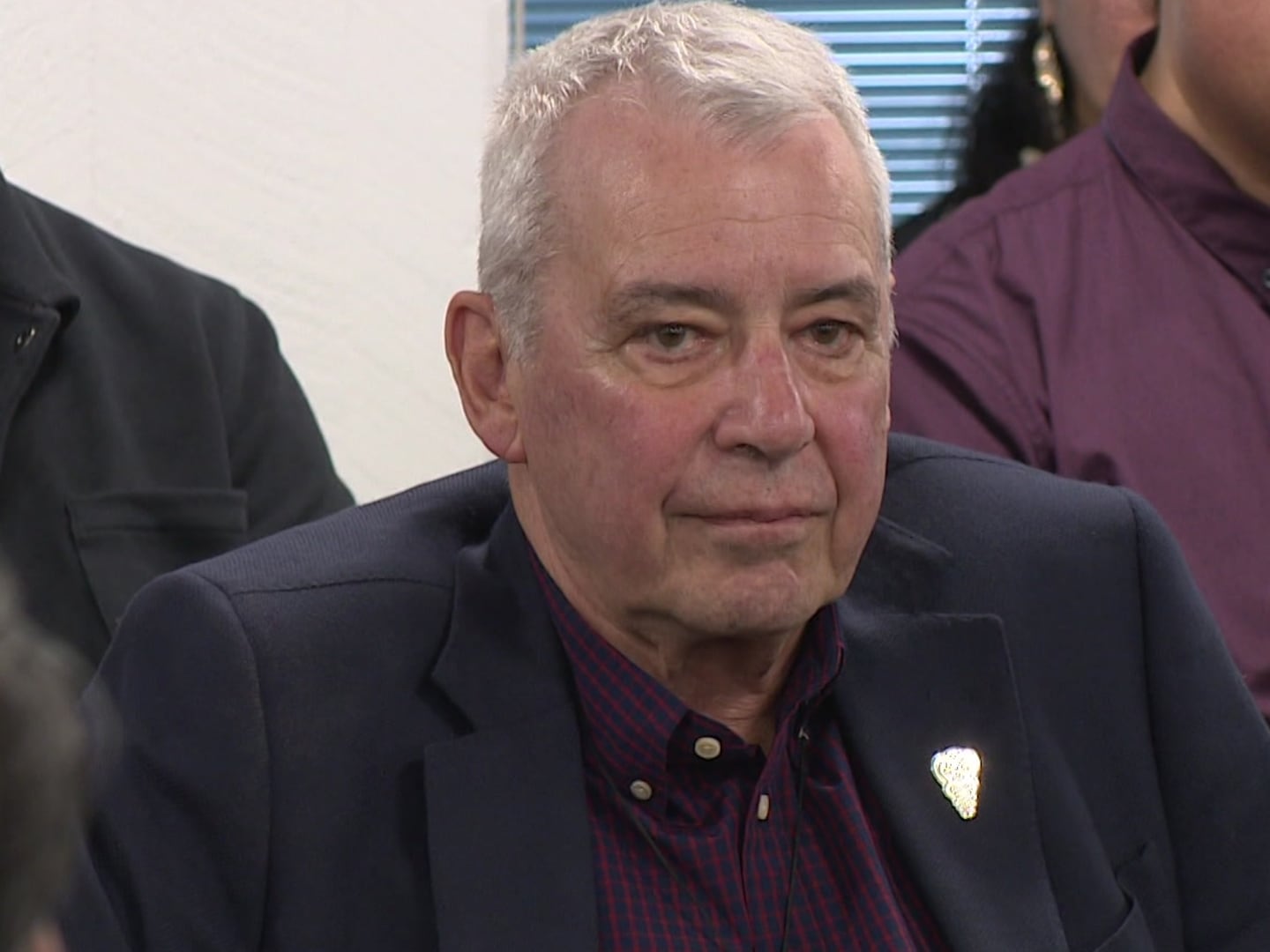After 35 years in education, including 17 years as the transformative head of Te Aho o Te Kura Pounamu (Te Kura) correspondence school, and active roles in the revitalisation of te reo Māori, Mike Hollings (Ngāti Raukawa, Te Ātihaunui-a-Pāpārangi) is being acknowledged for his services to education and Māori.
He has been made a Companion of the King’s Service Order (KSO).
Hollings says he is thankful for the tautoko he has received throughout his career.
“I am pretty honoured and grateful for all of the support over the years I’ve had from a whole range of people to enable me to do things that I’ve been pretty passionate about.”
Earlier in his career, those passions included time as the chief executive of Te Māngai Pāho - the government agency responsible for the promotion of Māori language and culture on radio and television - from 1996 to 1999, and a board role with kaupapa Māori theatre company Taki Rua in Wellington from 1997 to 2013.
“I was involved with Taki Rua for about 16 years, 12 of them I think I was chair of the board.
“That’s another passion of mine the creative world. I really enjoyed being involved with that. Also at that stage was the beginning of the development of Māori language productions.”
This was the genesis of today’s “pretty full productions in te reo Māori, which I think is fantastic”.
Hollings has come a long way since struggling to pass school certificate in high school and failing some papers at university, admitting it’s a “bit of a shock” to receive this honour.
“I’ve been pretty fortunate that I’ve had a lot of people who’ve supported me on the journey and have given me opportunities that other people often don’t get.”
He was Te Kura chief executive and principal from 2006 to 2023, instigating a major overhaul of the state distance education provider and growing its roll to about 30,000 students in 2023 - the equivalent of about 60 schools, according to The Post.
The transformation was especially beneficial for Māori students, he says.
“It’s a pretty simple formula, actually. There were two things that happened. One, moving Te Kura from all being located in Wellington to being regionalised around the country, so that teachers were living in the same community as their students. Prior to that, the students were all over the country and all the teachers were in Wellington, and they didn’t really have any understanding of the students’ context.
“The second thing was - which is more important - is being able to personalise learning for each student based on what their interests, passions and potential were. At Te Kura, no two students have the same programme. Every single student has their own personalised learning programme.
“That was the key thing that made the biggest difference, particularly for Māori kids, because it means that teachers had to find things that were based around their personal interests, which brought about the whole introduction of kaupapa Māori and the sprinkling of te reo Māori in the organisation.”
Of all his career achievements, Hollings points to the revitalisation of te reo Māori as his greatest passion and proudest mahi.
“Being part of the te reo Māori movement. When I was in university I got very much involved with the Te Reo Māori Society. And then latterly, working with people to establish kura kaupapa Māori and kōhanga reo in the Wairarapa.
“Those things have been really quite enduring things that I’m probably the most proud of.”


